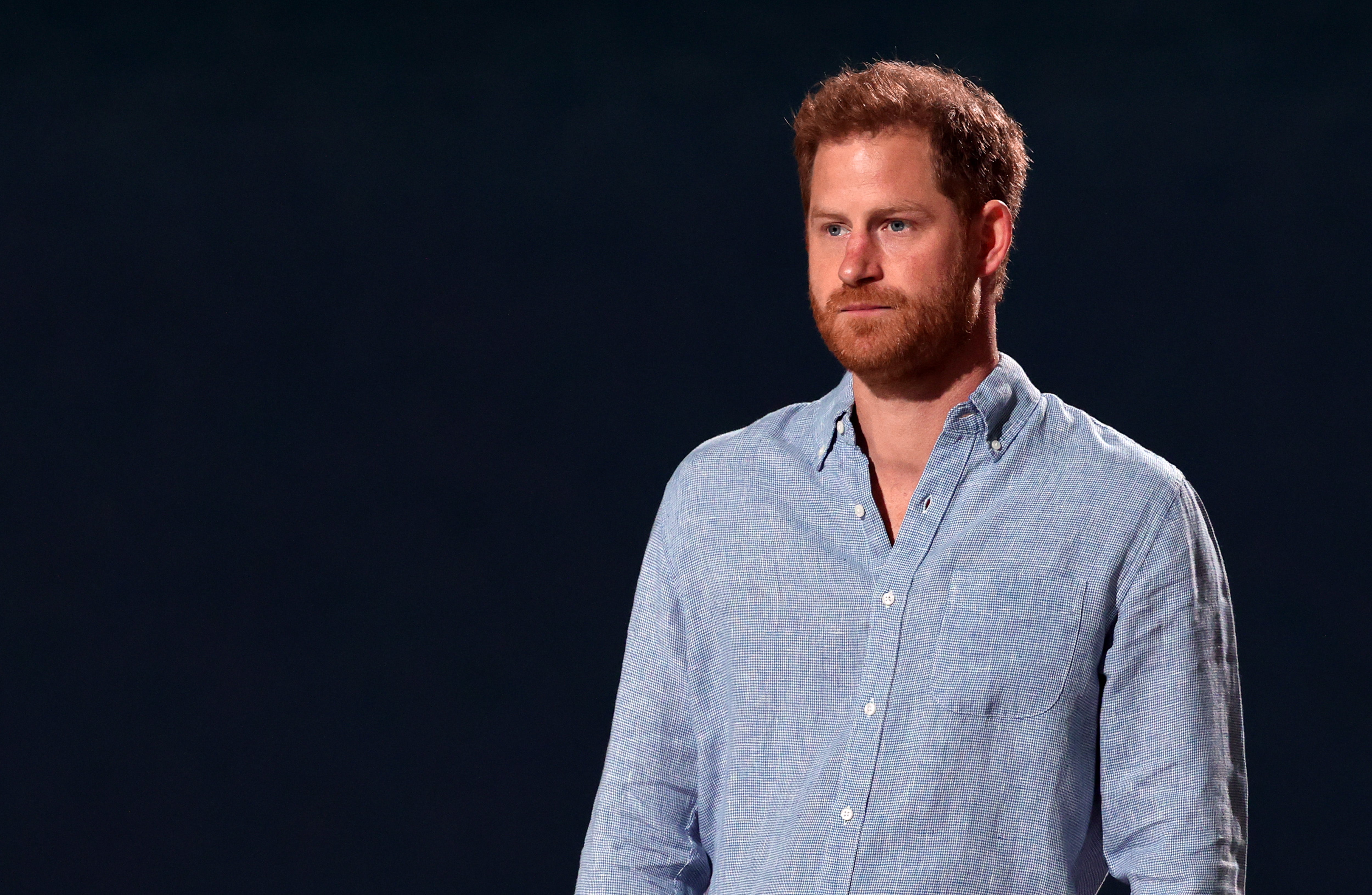Your support helps us to tell the story
From reproductive rights to climate change to Big Tech, The Independent is on the ground when the story is developing. Whether it's investigating the financials of Elon Musk's pro-Trump PAC or producing our latest documentary, 'The A Word', which shines a light on the American women fighting for reproductive rights, we know how important it is to parse out the facts from the messaging.
At such a critical moment in US history, we need reporters on the ground. Your donation allows us to keep sending journalists to speak to both sides of the story.
The Independent is trusted by Americans across the entire political spectrum. And unlike many other quality news outlets, we choose not to lock Americans out of our reporting and analysis with paywalls. We believe quality journalism should be available to everyone, paid for by those who can afford it.
Your support makes all the difference.Prince Harry has helped compile a report that calls for the media industry to adopt guidelines for fighting misinformation.
The Duke of Sussex joined 15 other commissioners and three co-chairmen to draw up the report on tackling “the growing mis- and disinformation problem in technology, media and social media” by the Aspen Institute.
The Aspen Commission on Information Disorder, which comprises of policy experts, researchers, former public officials, and representatives from the media and tech industries, began working on the report in spring 2021.
The group have outlined a list of 15 recommendations for media industry leaders to consider.
Harry said of the report: “For the better part of a year, we at the Aspen Commission have met regularly to debate, discuss, and draft solutions to the mis- and disinformation crisis, which is a global humanitarian issue.
“I hope to see the substantive and practical recommendations of our Commission taken up by the tech industry, the media industry, by policymakers and leaders. This affects not some of us, but all of us.”
According to the report, misinformation – also widely referred to as “fake news” – affects all people “both directly and indirectly”, but some communities are impacted more than others.
“Research shows that economic, social and racial disparities have created an environment ripe for targeted disinformation that can cause significant harm to communities of colour,” wrote the authors.
The guidelines highlighted by the report focus on three areas for fighting fake news, which are “increasing transparency”, “building trust”, and “reducing harms”.
The recommendations include requiring social media platforms to disclose information about content moderation practices and advertising, as well as disclosing certain types of data to qualified researchers who are conducting research in the public interest.
The commission also called for “substantial, long-term investment in local journalism” and diversity, to reverse the “collapse of local journalism and the erosion of trusted media”.
It also calls on the US government to make amendments to communication laws that would remove immunity for certain types of paid-for advertising and post promotion.
The report was published on the Duke and Duchess of Sussex’s Archewell Foundation website. It said: “This ambitious report is meant to advance solutions to the rapid rise of misinformation we’ve seen over recent years, which has created humanitarian crises, harmed communities, and impacted our democracies.”
The study was funded by Craig Newmark, founder of Craigslist, and co-chaired by Rashad Robinson, president of the US civil rights group Colour of Change, journalist Katie Couric and cybersecurity expert Chris Krebs.

Join our commenting forum
Join thought-provoking conversations, follow other Independent readers and see their replies
Comments